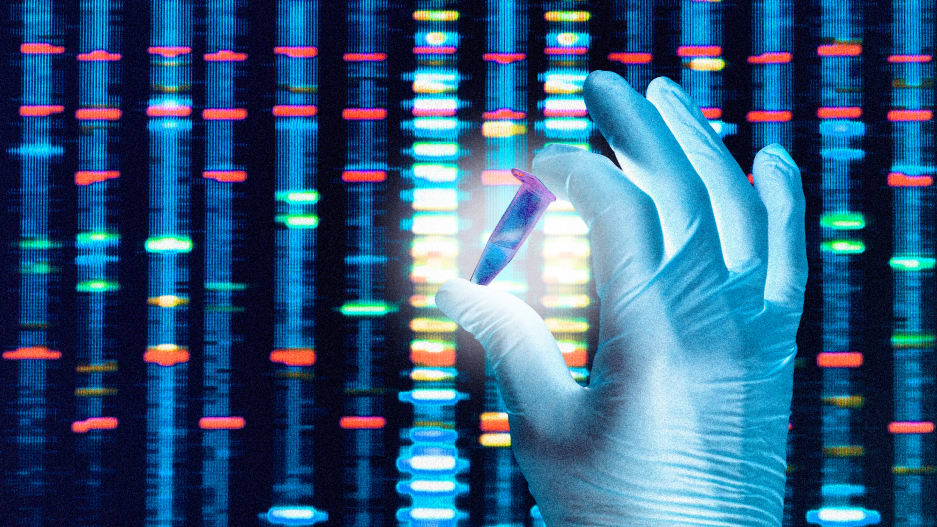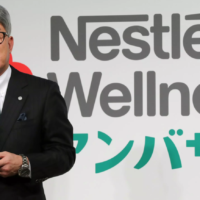
Image Credit: Fast Company
Every week we track the business, tech and investment trends in CPG, retail, restaurants, agriculture, cooking and health, so you don’t have to. Here are some of this week’s top headlines.
In recent developments, the UK has granted approval for its inaugural CRISPR gene-editing drug, marking a groundbreaking step in the treatment of blood disorders. Anticipation is high as the US is expected to follow suit, potentially approving the innovative therapy later this year. Meanwhile, in the European Union, antitrust regulators have expanded their investigation into potential cartel activities within the food delivery sector. Recent raids have targeted two online food delivery companies headquartered in the EU, signaling a widening scope of concerns and a concerted effort to ensure fair competition in this rapidly evolving industry.
In other news, we’ve wrapped the first season of our podcast in partnership with AgFunder: New Food Order, a nuanced investigation into the business of tackling our climate and social crises through food and agriculture. Read all about why we launched the podcast, and be sure to subscribe and share!
Our newsletter takes a lot of time and resources to produce. Make a one time or monthly contribution to help us keep it going. Whether it’s $5 or $500, every bit helps and shows us that you value our work.
1. The UK Approved Its First CRISPR Gene-Editing Drug—and the US Is Expected To Follow – Fast Company
The treatment for blood disorders is widely anticipated to be approved in the US this year—and that’s just the beginning for gene editing in medicine.
2. EU Widens Scope of Food Delivery Cartel Concerns Probe – TechCrunch
European Union antitrust regulators have carried out another series of raids on two online food delivery companies headquartered inside the bloc.
3. Foxtrot and Dom’s Announce Merger – Grocery Dive
The Chicago-based upscale convenience store brand plans to combine with the local grocer that has a similar reputation for innovative foodservice and store designs.
4. Matsmart-Motatos Tackling Food Waste with €40M Investment Led By Circularity Capital – Tech.eu
Matsmart tackles the issue of waste in the food supply chain by procuring and reselling overstock goods that traditional retailers can’t buy.
5. Reusable Packaging Could Cut Emissions from Plastics By Up to 69% – Reuters
Under its most ambitious scenario, reuse schemes could reduce greenhouse gas emissions by 35% to 69%, water usage by 45% to 70%, and material usage by 45% to 76%.
6. Scientists Are Racing to Protect Grass From Climate Change. Your Cheap Burger Is at Stake. – WSJ
Heat waves and drought are threatening pasture on farms worldwide, prompting experiments to develop hardier crops.
7. Foodshot Global Takes On One of the World’s Most Underinvested Resources: Water – AgFunder
The group plans to award up to $10m in equity capital to companies along with a ‘GroundBreaker Prize’ of around $500k in philanthropic capital to researchers, early-stage entrepreneurs or policy advocates.
8. TurtleTree Obtains Self-Affirmed GRAS Status for Its Precision Fermentation Lactoferrin Protein – Green Queen
The company says it is the first precision fermentation company globally to obtain self-affirmed GRAS status for this ingredient.
9. How Mushroom-Based Products Have Evolved Into a Mainstream Grocery Category – ModernRetail
Product intelligence firm Spins found in July that “super mushroom” food and beverage products saw $642m in sales, a 19.5% year-over-year growth.





